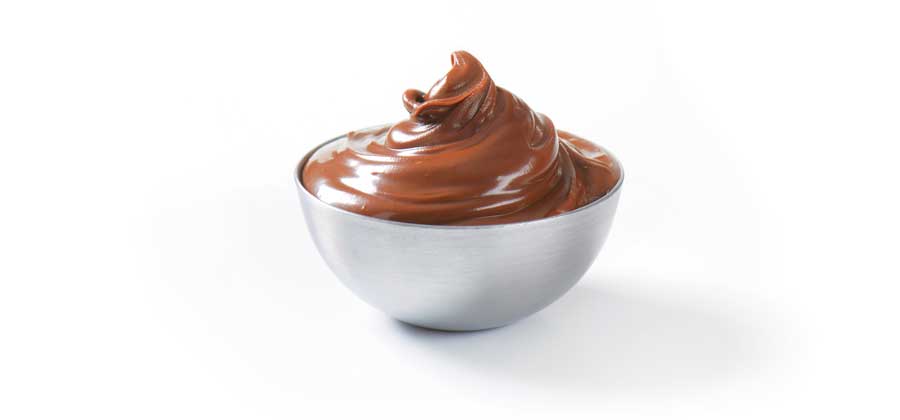



Two more food-based examples
December, 2018 in Issue 4 - 2018, Comment
With the debate on biofuels recently having taken centre stage, the continued discrimination and denigration of palm oil in retail and by food business operators has shifted a bit out of the focus. It does not mean, however, that the issues have gone away.
In April, Iceland Foods Ltd, the UK’s leading frozen food company and retailer, announced that it would stop using palm oil as an ingredient in its own label food by the end of this year. Iceland linked this to a ‘collapse in orang utan population’ claim. Palm oil has already been removed from 50% of Iceland’s own label range and 130 products are to be reformulated by the end of 2018.
Iceland’s simplistic and deceptive view falls short of addressing the many environmental questions that undoubtedly must be addressed on a global level. Singling out and discriminating against palm oil alone appears to be a marketing stunt, diverting attention from the real issues and based on a number of misleading assumptions.
Earlier this year, Iceland’s decision was immediately criticised by researchers from the Durrell Institute of Conservation and Biology (DICE) of the University of Kent. The researchers underlined that banning palm oil from products was actually a step backwards in the effort to prevent deforestation and to promote sustainability.
The researchers at DICE are working with palm oil certification bodies and companies to improve the way in which oil palm cultivation interacts with the environment. The work at DICE aims at demonstrating the advantages of connecting high-quality rainforest patches in oil palm plantations to allow wildlife to move freely. If the sustainability certification of palm oil became more widespread, this would benefit the environment more than switching to other vegetable oils.
According to the researchers, Iceland should work with the industry to find sustainably sourced solutions, highlighting that ‘environmentally conscious consumers should demand palm oil from certified sources, but avoiding it altogether runs the risk of putting pressure on other crops that are equally to blame for the world’s environmental problems’, such as soybean.
In principle, businesses are free to decide which kind of raw materials they use in their products, and are also free to choose whether or not to use palm oil. However, waging denigrating marketing campaigns and attaching unauthorised labels to food products arguably violates EU law, in particular the Food Information Regulation.
